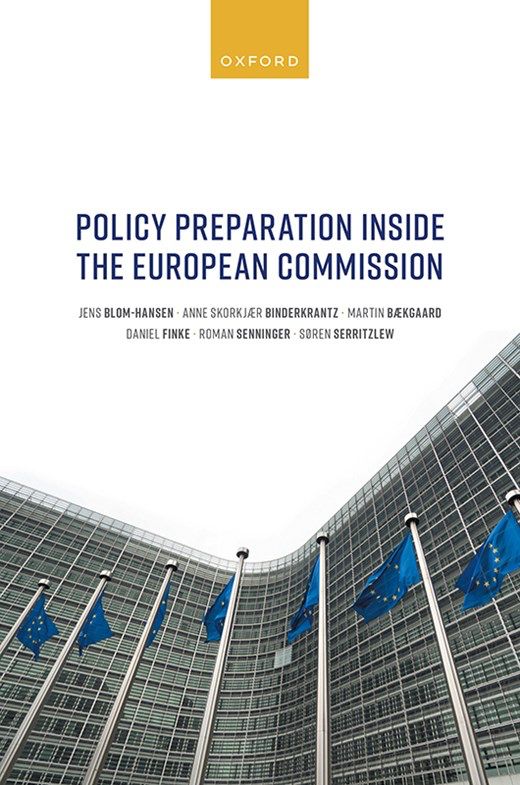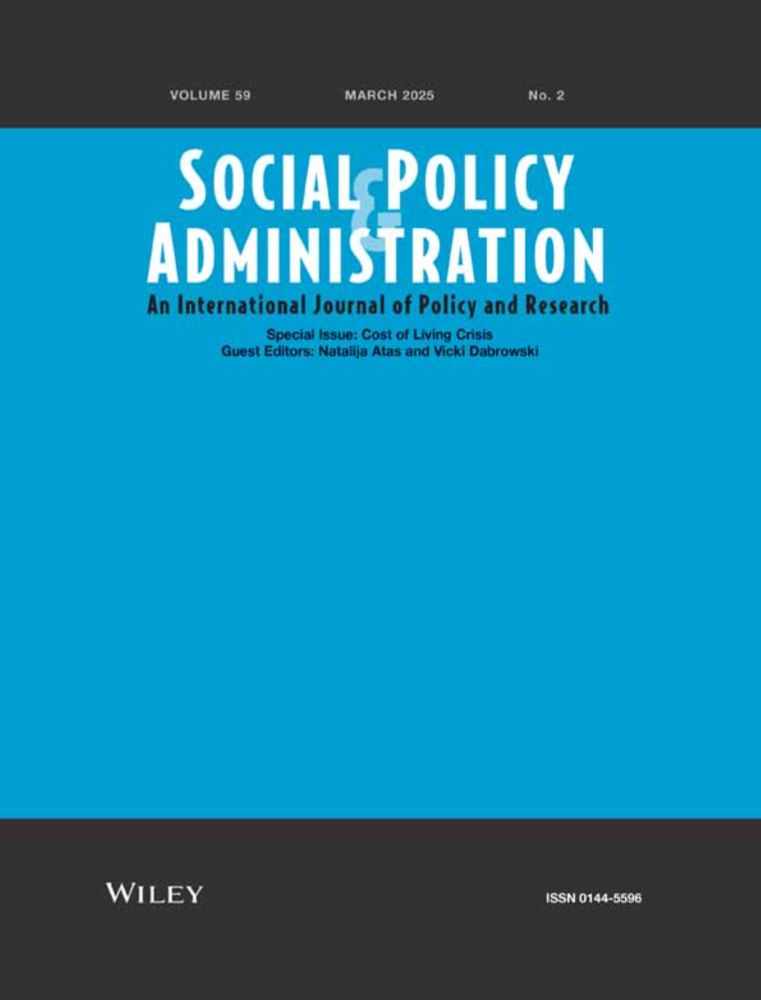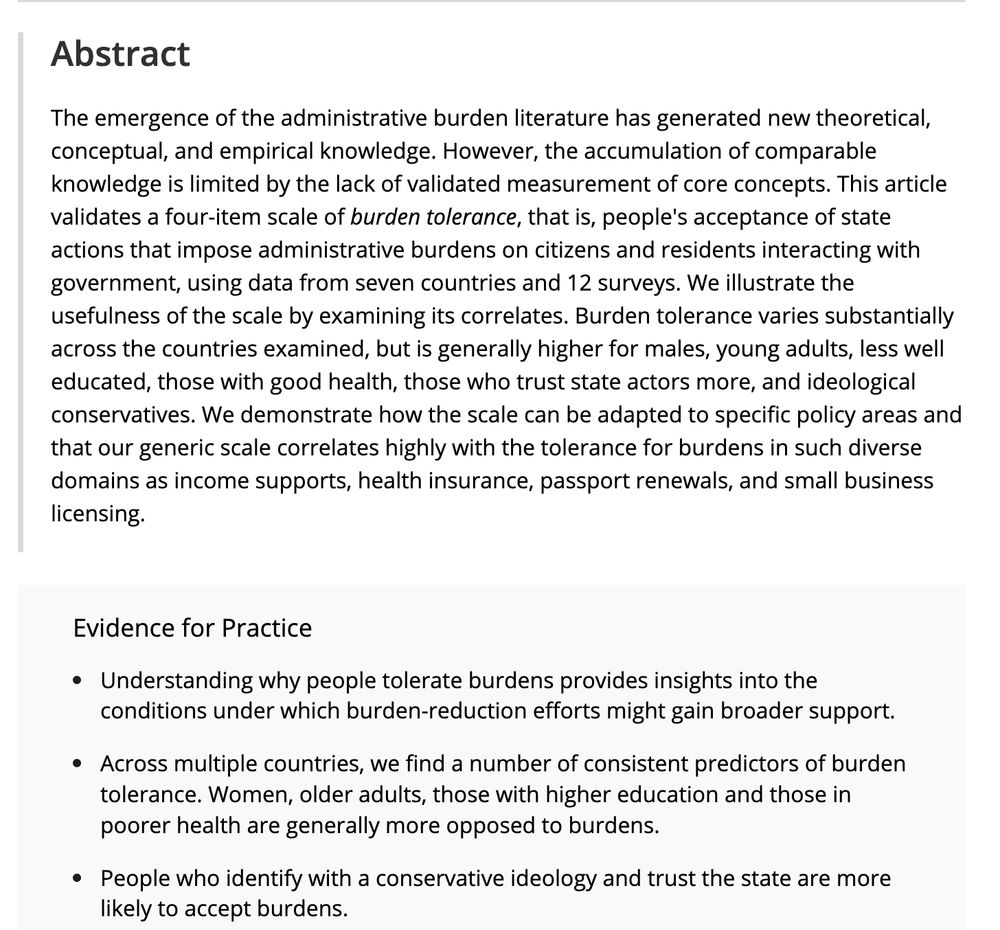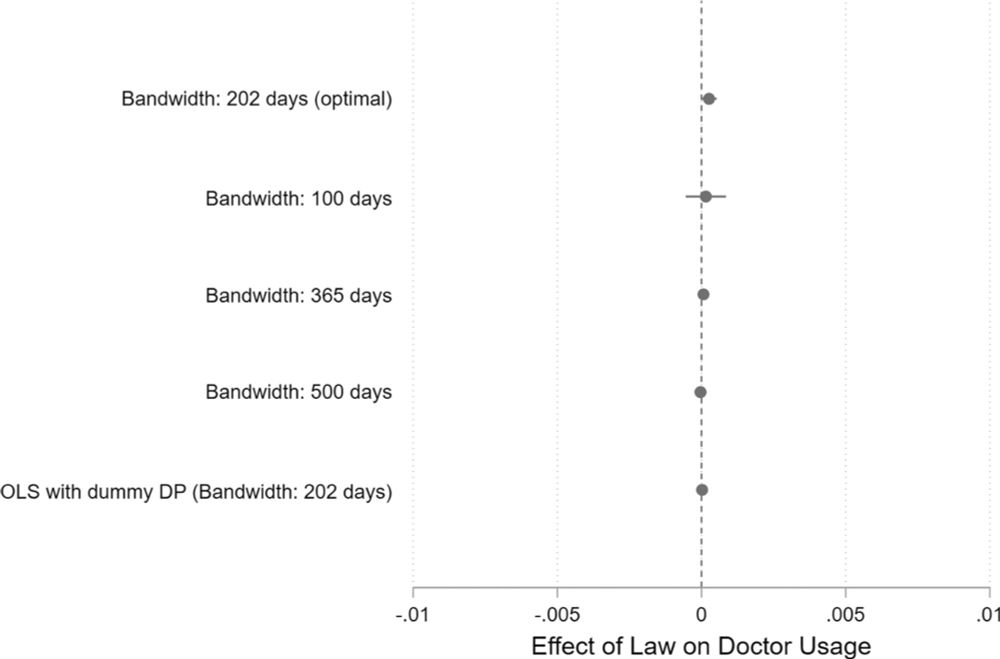Aske Halling
@halling.bsky.social
820 followers
670 following
35 posts
Assistant Professor in Political Science at Aarhus University interested in administrative burdens, citizen-state interactions, and policy feedbacks.
Posts
Media
Videos
Starter Packs
Pinned
Aske Halling
@halling.bsky.social
· Feb 7
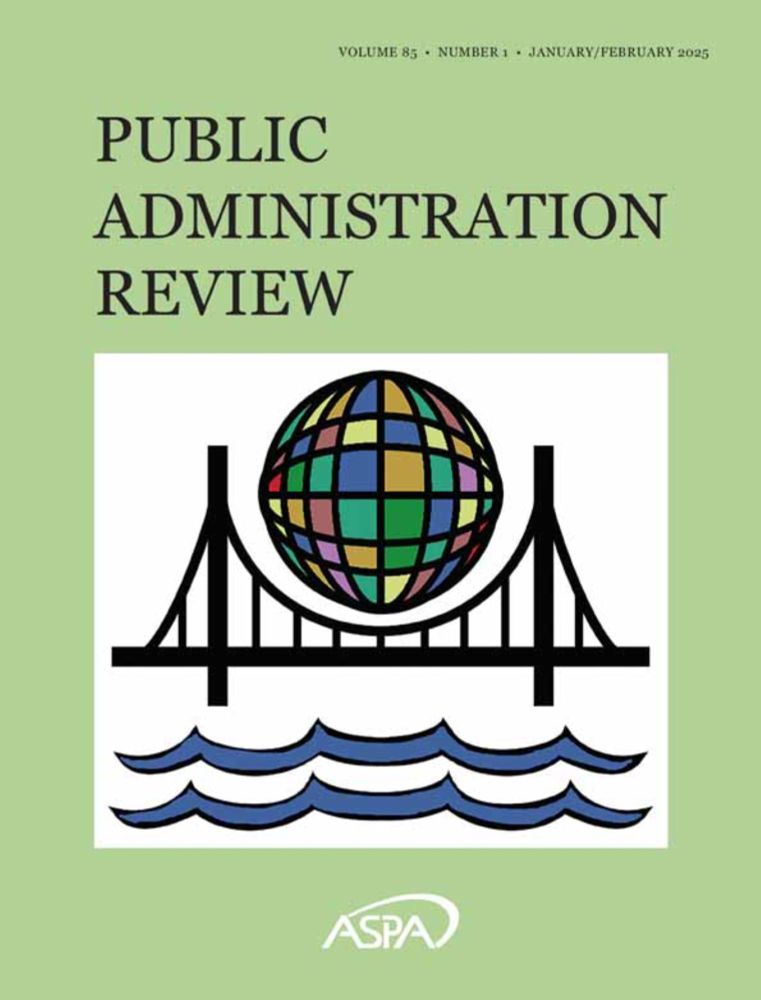
<em>Public Administration Review</em> | ASPA Journal | Wiley Online Library
Research has shown that administrative burdens significantly influence benefit uptake across various welfare programs in the U.S. and beyond. However, much of the existing research has focused primar...
onlinelibrary.wiley.com
Reposted by Aske Halling
Reposted by Aske Halling
Reposted by Aske Halling
Aske Halling
@halling.bsky.social
· Feb 7
Aske Halling
@halling.bsky.social
· Feb 7
Aske Halling
@halling.bsky.social
· Feb 7
Aske Halling
@halling.bsky.social
· Feb 7
Aske Halling
@halling.bsky.social
· Feb 7
Aske Halling
@halling.bsky.social
· Feb 7
Aske Halling
@halling.bsky.social
· Feb 7
Aske Halling
@halling.bsky.social
· Feb 7

<em>Public Administration Review</em> | ASPA Journal | Wiley Online Library
Research has shown that administrative burdens significantly influence benefit uptake across various welfare programs in the U.S. and beyond. However, much of the existing research has focused primar...
onlinelibrary.wiley.com
Aske Halling
@halling.bsky.social
· Feb 7
Aske Halling
@halling.bsky.social
· Feb 7
Aske Halling
@halling.bsky.social
· Feb 7
Aske Halling
@halling.bsky.social
· Feb 7
Aske Halling
@halling.bsky.social
· Feb 7

<em>Public Administration Review</em> | ASPA Journal | Wiley Online Library
Research has shown that administrative burdens significantly influence benefit uptake across various welfare programs in the U.S. and beyond. However, much of the existing research has focused primar...
onlinelibrary.wiley.com
Reposted by Aske Halling
Reposted by Aske Halling
Mathias Kruse
@matkruse.bsky.social
· Jan 6
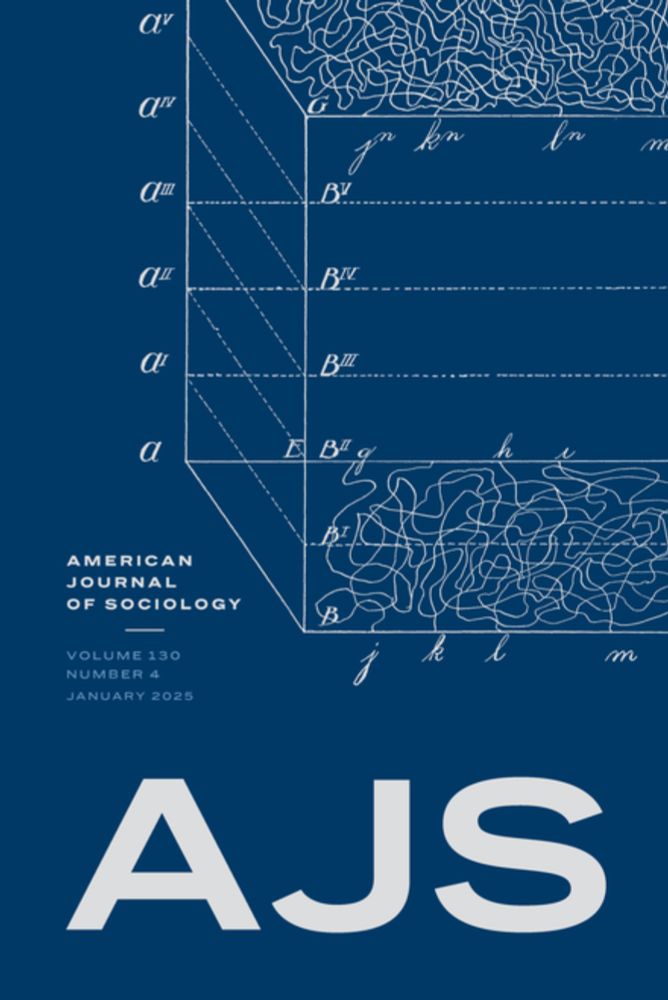
Does Ethnic Similarity Increase Well-Being?1 | American Journal of Sociology: Vol 130, No 4
How do people react to ethnic (dis)similarity? Whereas prior studies on ethnic diversity and intergroup contact often focus on interpersonal outcomes such as prejudice and trust, we turn to an essenti...
www.journals.uchicago.edu
Reposted by Aske Halling
Reposted by Aske Halling
